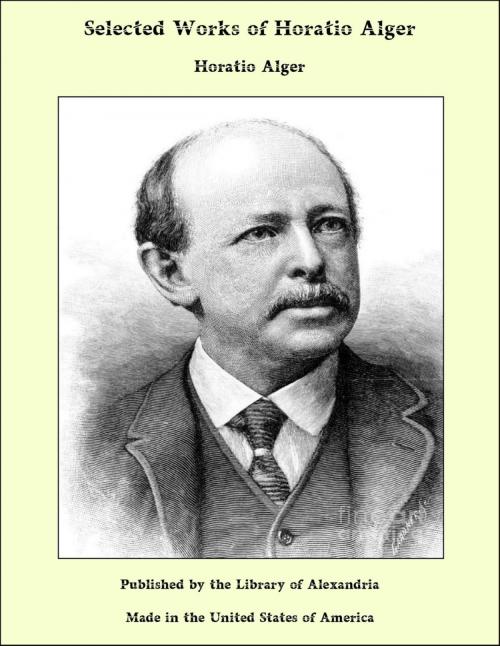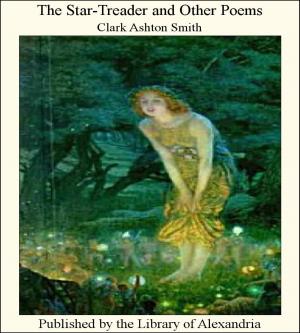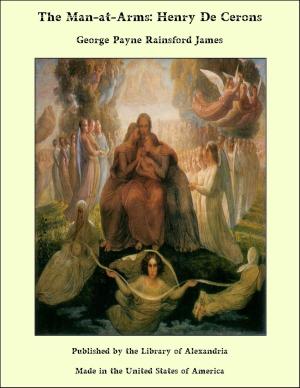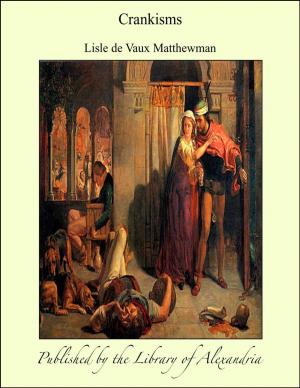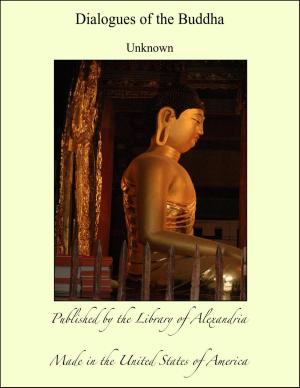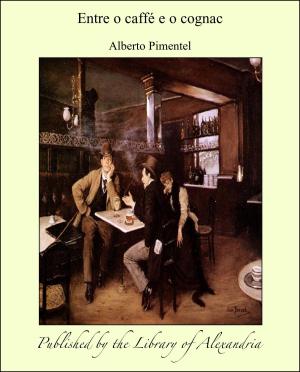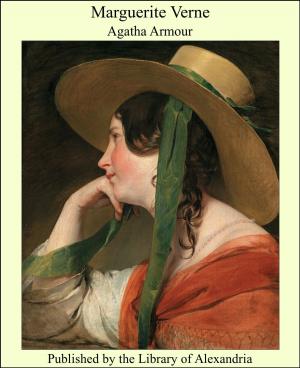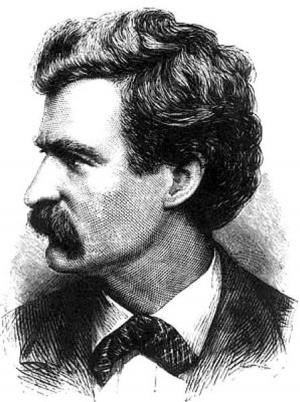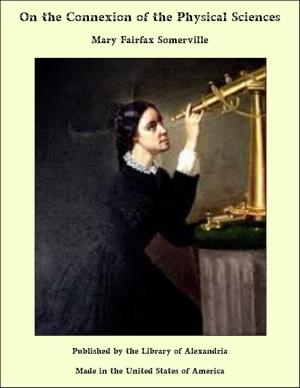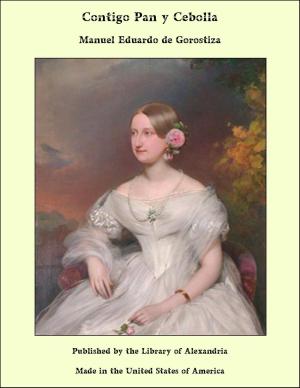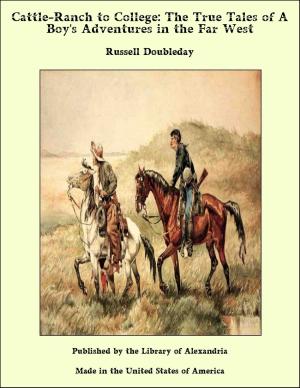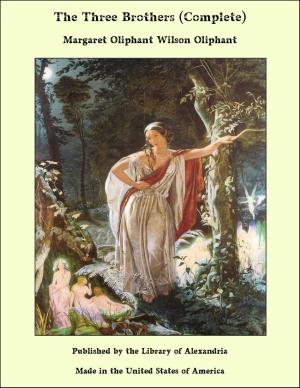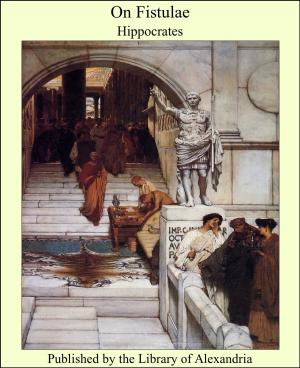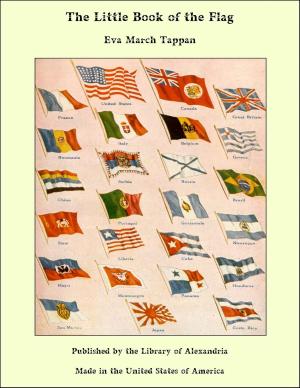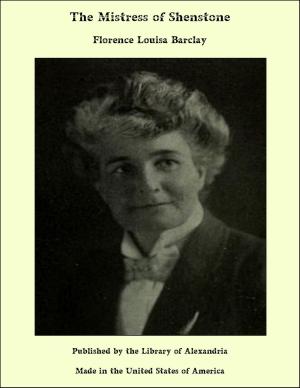Selected Works of Horatio Alger
Nonfiction, Religion & Spirituality, New Age, History, Fiction & Literature| Author: | Horatio Alger | ISBN: | 9781465504142 |
| Publisher: | Library of Alexandria | Publication: | March 8, 2015 |
| Imprint: | Language: | English |
| Author: | Horatio Alger |
| ISBN: | 9781465504142 |
| Publisher: | Library of Alexandria |
| Publication: | March 8, 2015 |
| Imprint: | |
| Language: | English |
The Hamilton Academy, under the charge of Rev. Dr. Euclid, stands on an eminence about ten rods back from the street, in the town of the same name. It is a two-story building, surmounted by a cupola, or belfry, and, being neatly painted brown and well cared for, is, on the whole, an ornament to the village. It was a quarter of nine, when a boy of sixteen, rather showily dressed, ascended the academy hill and entered the front door, which was already open. He swung a small light cane in his hand—rather an unusual article for a schoolboy to carry—and it was clear, from his general appearance and bearing, that he had a high opinion of himself. “I am early,” he said to himself. “I shall have a chance to look over my Latin before Dr. Euclid comes.” It may be supposed from this speech that Herbert Ross was an earnest student, but this would be altogether a mistake. The fact is, he had been playing with some companions till a late hour the previous evening, and this had prevented his paying the necessary attention to his lessons in Virgil. As Dr. Euclid was strict in his requirements, and very slow to accept excuses, Herbert, to avoid trouble, wished to have, at any rate, a superficial acquaintance with the lesson. As he entered the schoolroom he was met by a cloud of dust. A boy of about his own age was sweeping the floor. He had nearly completed his task, and was just about to sweep the pile of accumulated dust into the entry when Herbert Ross presented himself. The boy who was wielding the broom, the young janitor of the academy, being our hero, we may as well stop here and describe him. His name was Andrew Gordon, commonly changed by his friends to Andy. He was a stout, well-made boy, with a face not exactly handsome, but bold, frank and good-humored; but about the mouth there were lines indicating firmness and resolution. He was evidently a boy who had a respect for himself. It may be said, further, that Andy received his tuition free and a dollar a week for his services in taking care of the schoolhouse. He was the son of a widow, who was in receipt of a pension of twenty dollars a month from the government, as the widow of an officer who had surrendered his life during the Civil War on the field of Gettysburg. This, with what Andy could earn, was nearly all she and he had to live upon. It may easily be supposed, therefore, that the dollar a week which Andy received from Dr. Euclid, or, rather, from the trustees of the academy, was an appreciable help in their frugal household.
The Hamilton Academy, under the charge of Rev. Dr. Euclid, stands on an eminence about ten rods back from the street, in the town of the same name. It is a two-story building, surmounted by a cupola, or belfry, and, being neatly painted brown and well cared for, is, on the whole, an ornament to the village. It was a quarter of nine, when a boy of sixteen, rather showily dressed, ascended the academy hill and entered the front door, which was already open. He swung a small light cane in his hand—rather an unusual article for a schoolboy to carry—and it was clear, from his general appearance and bearing, that he had a high opinion of himself. “I am early,” he said to himself. “I shall have a chance to look over my Latin before Dr. Euclid comes.” It may be supposed from this speech that Herbert Ross was an earnest student, but this would be altogether a mistake. The fact is, he had been playing with some companions till a late hour the previous evening, and this had prevented his paying the necessary attention to his lessons in Virgil. As Dr. Euclid was strict in his requirements, and very slow to accept excuses, Herbert, to avoid trouble, wished to have, at any rate, a superficial acquaintance with the lesson. As he entered the schoolroom he was met by a cloud of dust. A boy of about his own age was sweeping the floor. He had nearly completed his task, and was just about to sweep the pile of accumulated dust into the entry when Herbert Ross presented himself. The boy who was wielding the broom, the young janitor of the academy, being our hero, we may as well stop here and describe him. His name was Andrew Gordon, commonly changed by his friends to Andy. He was a stout, well-made boy, with a face not exactly handsome, but bold, frank and good-humored; but about the mouth there were lines indicating firmness and resolution. He was evidently a boy who had a respect for himself. It may be said, further, that Andy received his tuition free and a dollar a week for his services in taking care of the schoolhouse. He was the son of a widow, who was in receipt of a pension of twenty dollars a month from the government, as the widow of an officer who had surrendered his life during the Civil War on the field of Gettysburg. This, with what Andy could earn, was nearly all she and he had to live upon. It may easily be supposed, therefore, that the dollar a week which Andy received from Dr. Euclid, or, rather, from the trustees of the academy, was an appreciable help in their frugal household.
